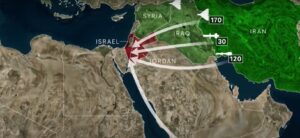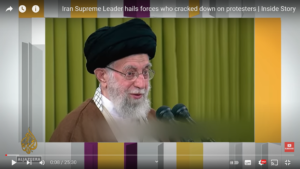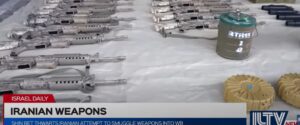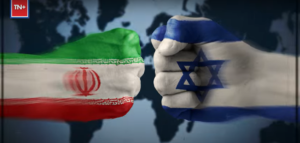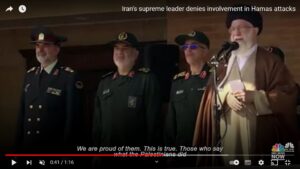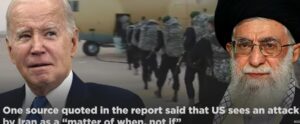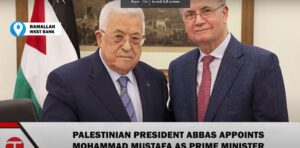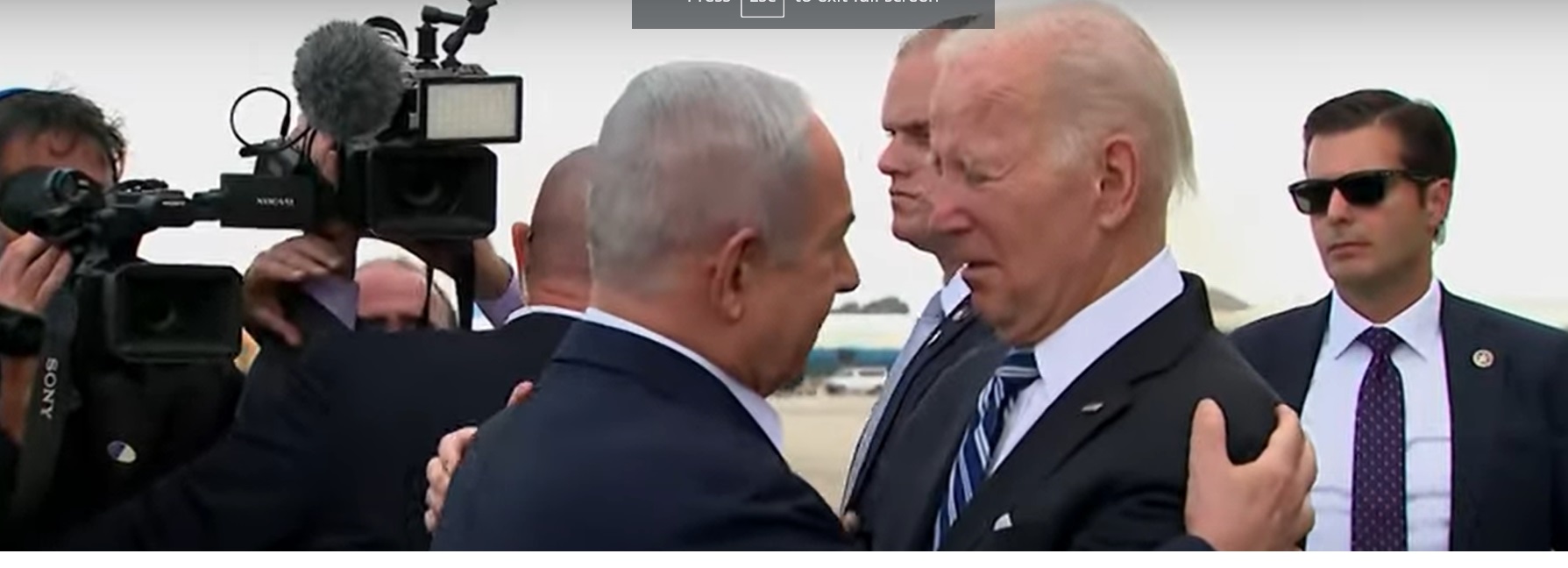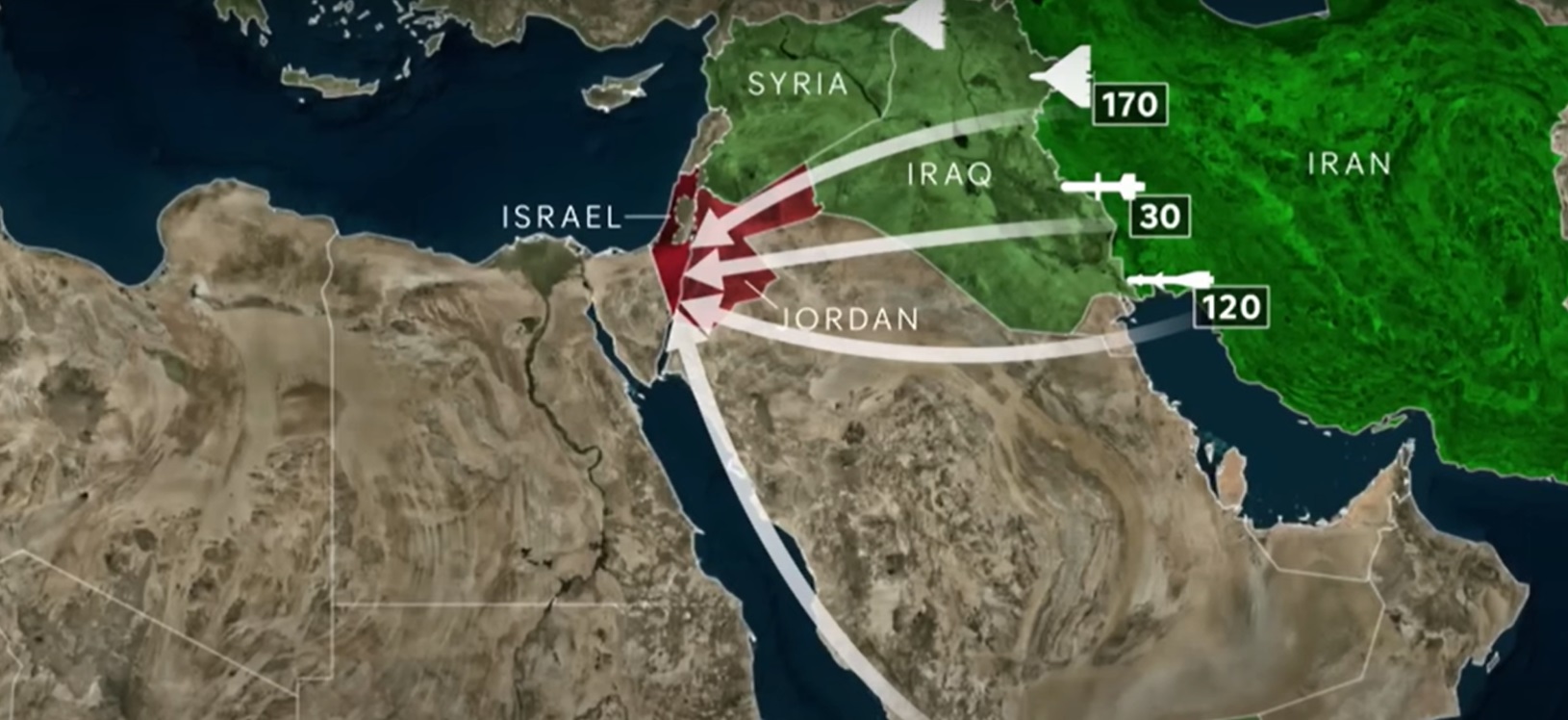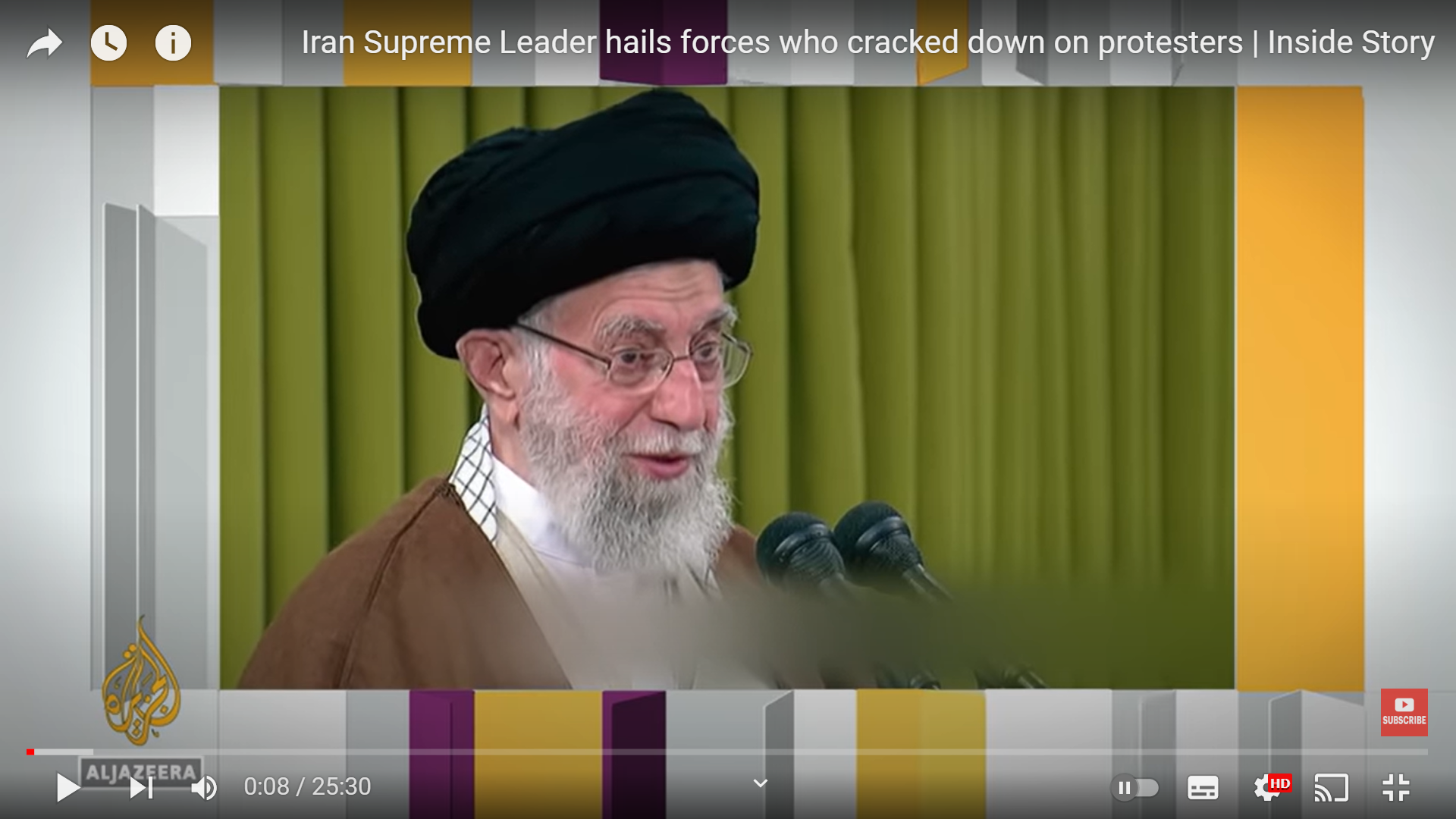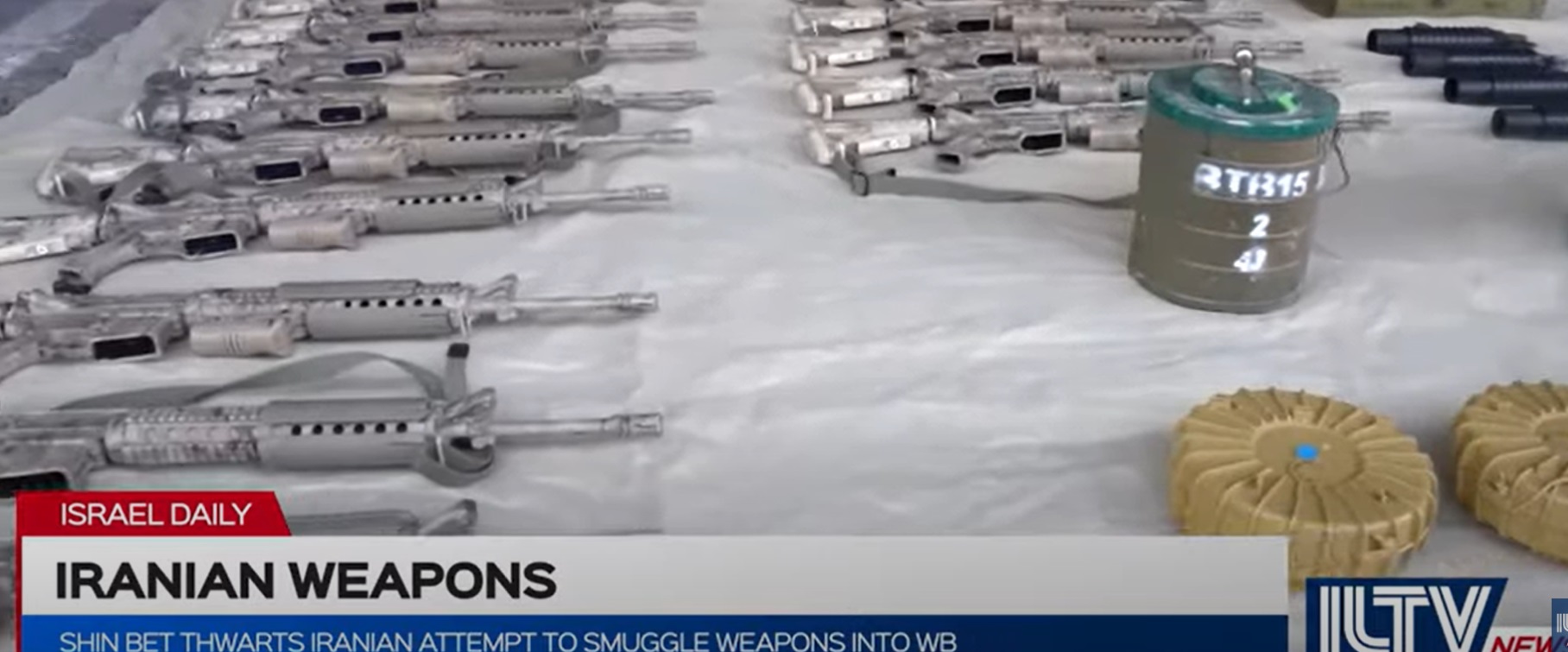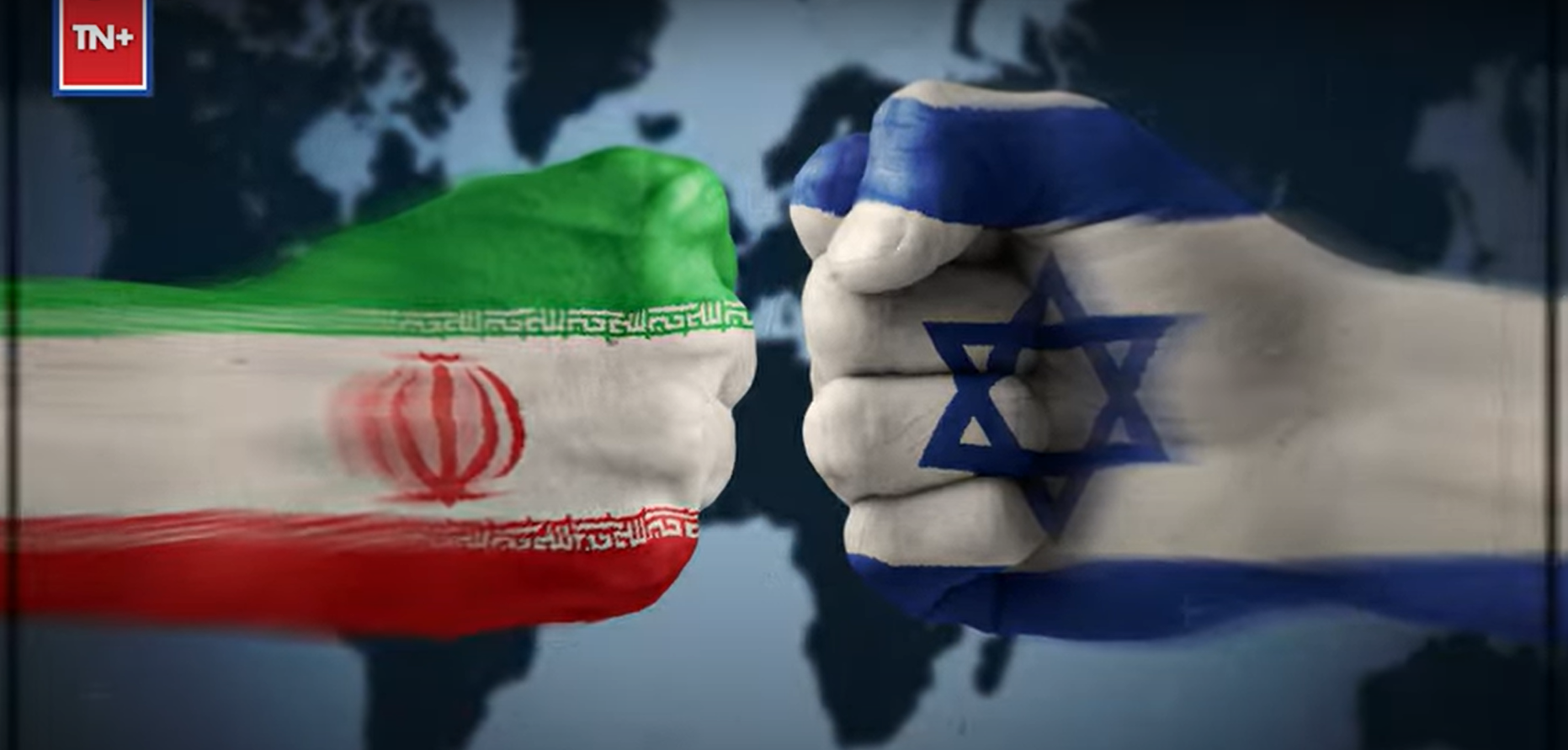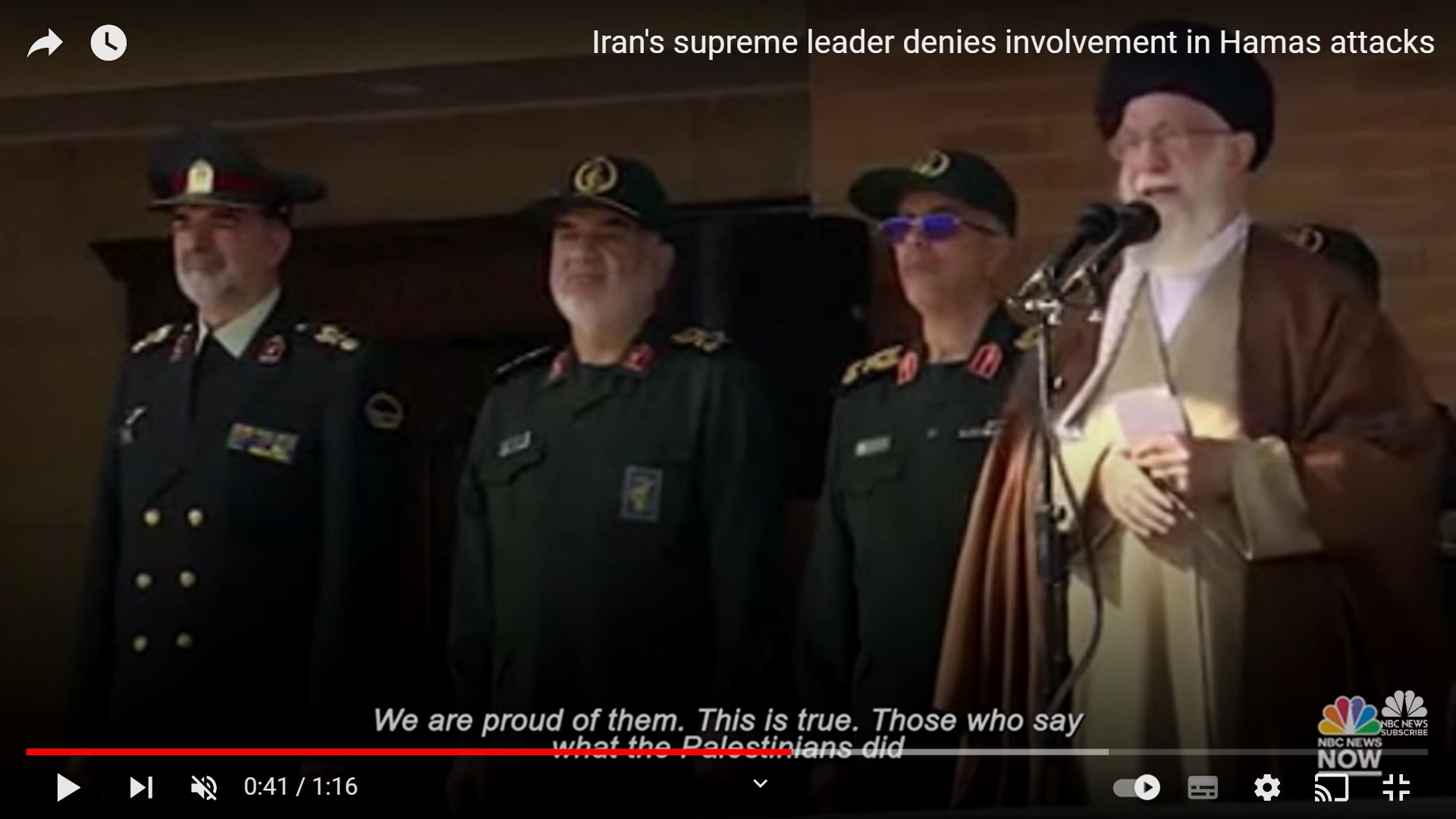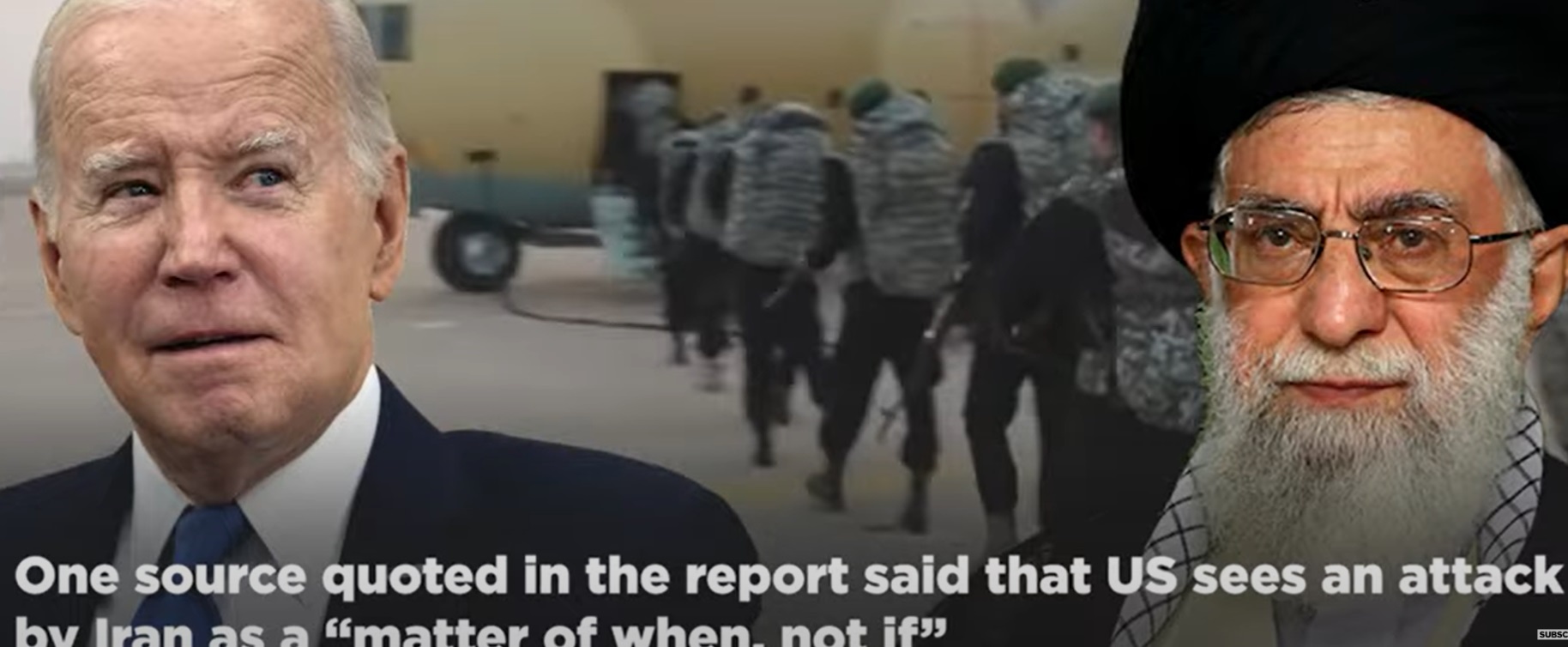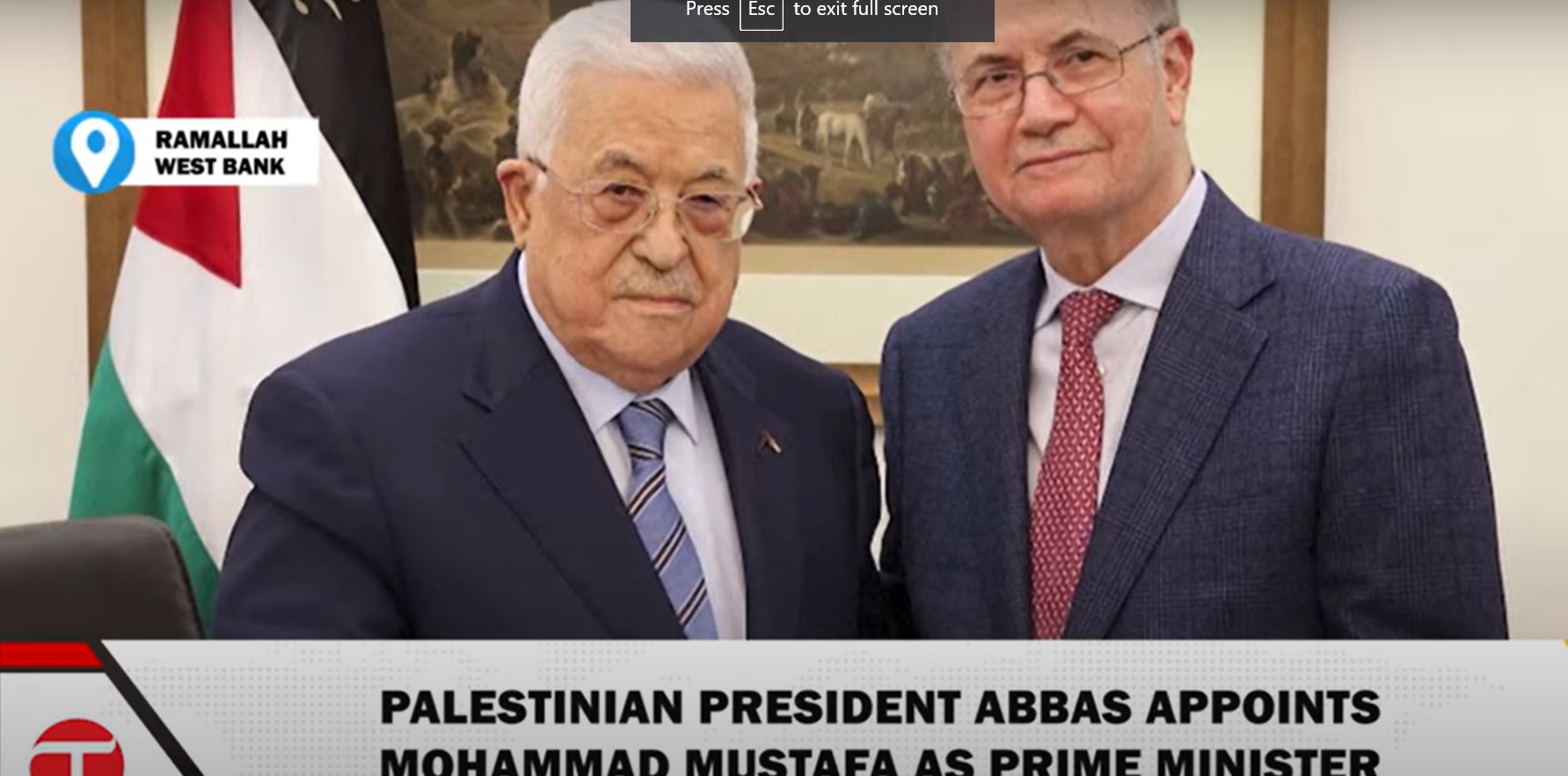The ongoing conflict in the Gaza Strip is often seen as part of a broader strategy by Iran to destabilize the Middle East. However, the situation is multifaceted, with various actors and interests at play.
Israel finds itself in a precarious position, facing not only the immediate challenge of the conflict in Gaza but also the looming threats of potential conflict with Hezbollah and Iran’s pursuit of nuclear weapons.
While Israel must maintain its sovereignty and security, it should also tread carefully in its dealings with the United States, ensuring it does not unnecessarily strain its relationship with its ally while addressing the Iranian threat.


